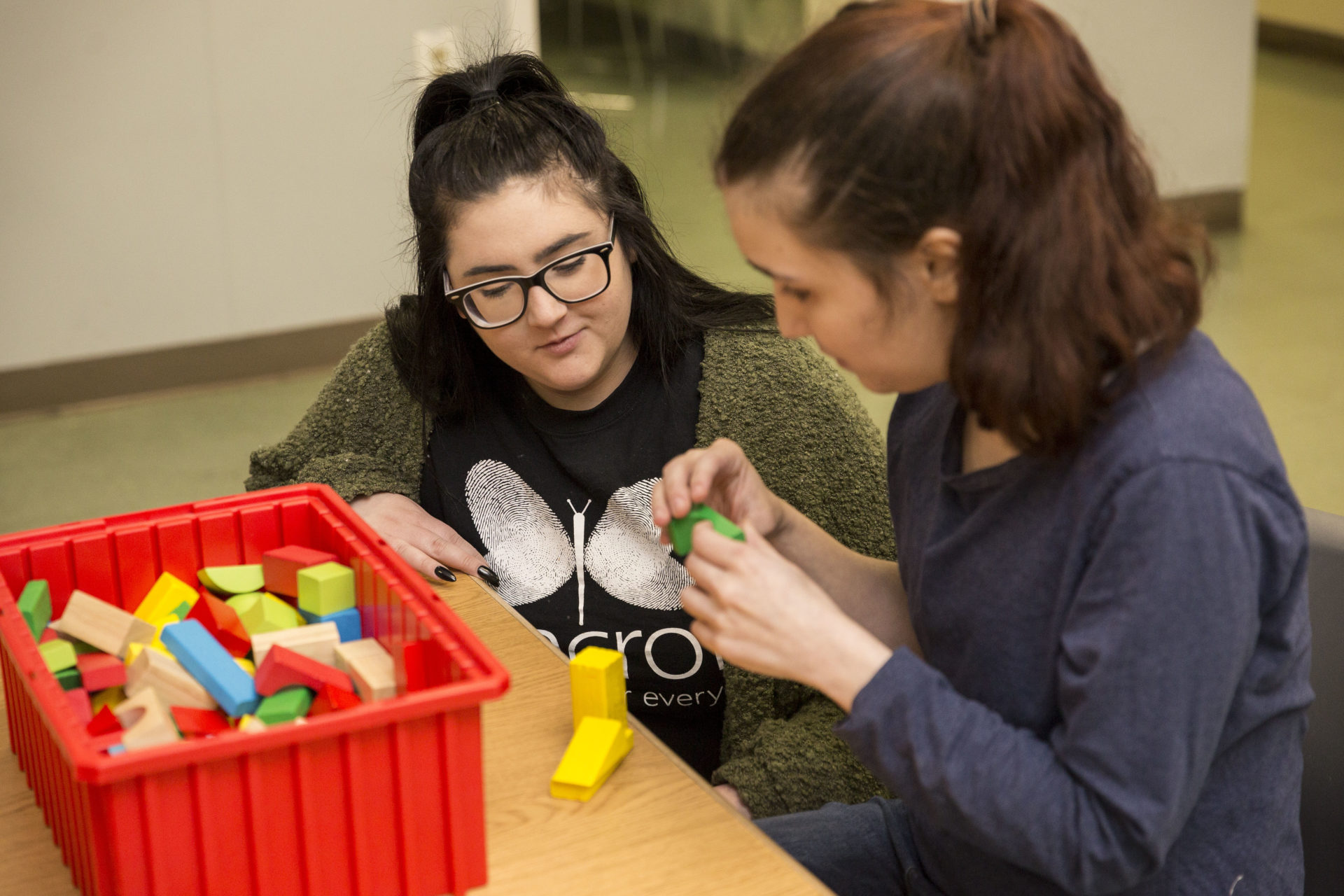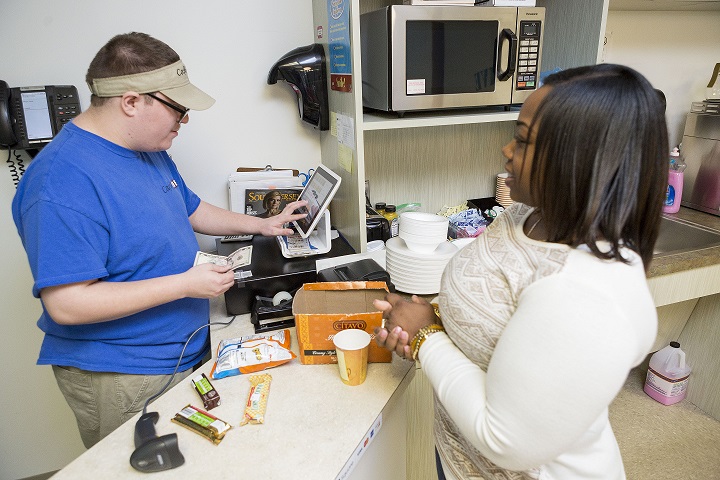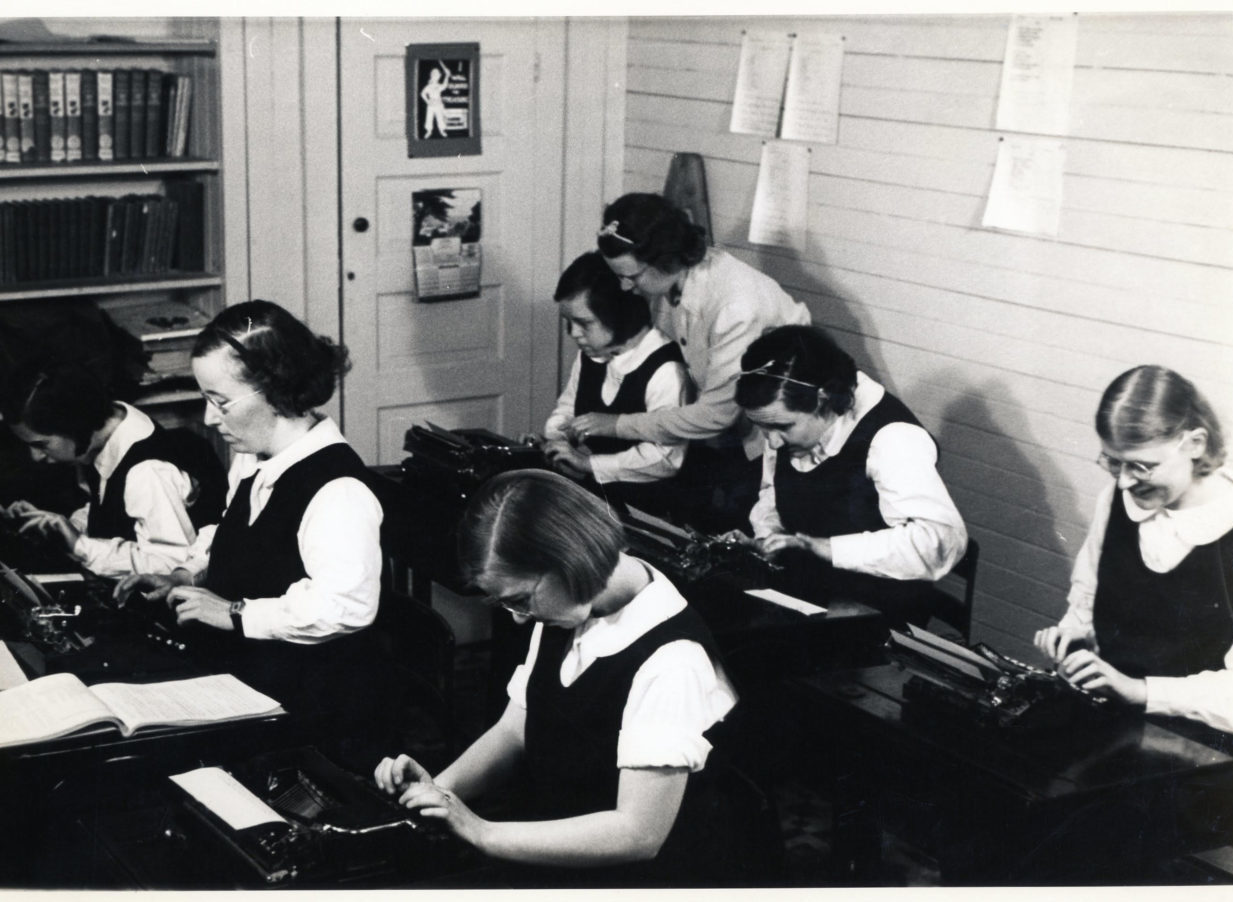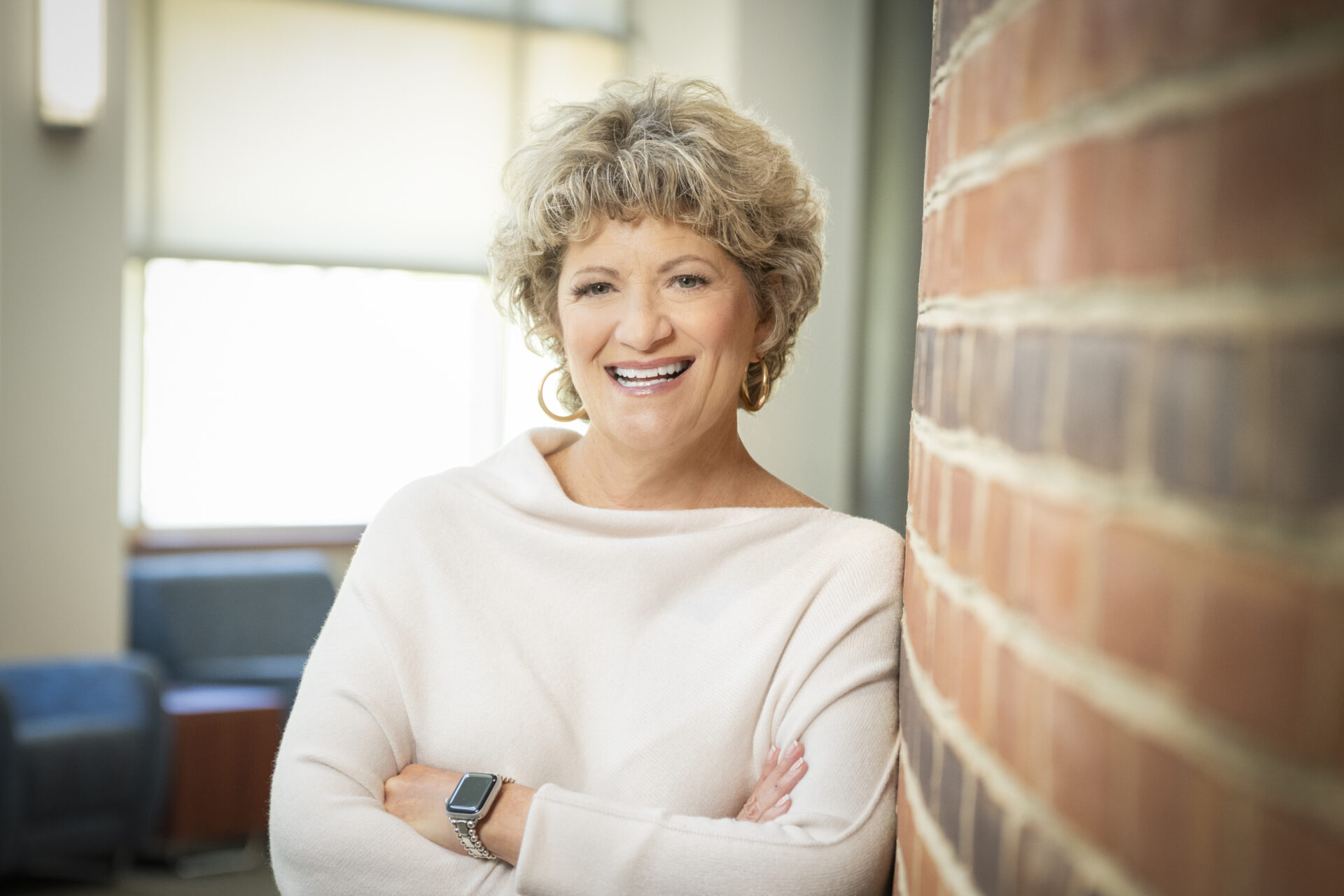Christopher Perrin, Ph.D., BCBA-D, is the senior behavior analyst in the Bancroft Severe Behavior Day Treatment Program. The SBDT program offers intensive outpatient treatment for children and young adults ages 3-21 who are living with autism and experiencing severe and challenging behaviors.
Q. What attracted you to the field of behavior analysis?
A. My first job was as a direct support professional – and I knew nothing about behavior analysis. As a DSP, I had the chance to work on an intensive feeding intervention and saw firsthand the effect behavior analytic interventions can have on people’s lives.
Later, as a graduate student, I found behavior analytic explanations of human behavior to be incredibly satisfying. Focusing on interactions between the environment and behavior makes so much more sense to me than appealing to inner causes of behavior. Because we can change the environment, change how we respond to behavior, a behavior analytic approach provides a road map as to how to help people address behavioral deficits and excesses they are interested in changing.
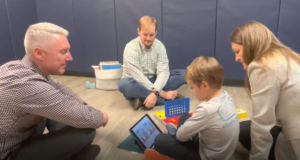 Q. Bancroft’s Severe Behavior Day Treatment Program is a unique program; one of only a few in the country. Can you talk about the need for services for people with severe autism and significant behavioral challenges?
Q. Bancroft’s Severe Behavior Day Treatment Program is a unique program; one of only a few in the country. Can you talk about the need for services for people with severe autism and significant behavioral challenges?
A. This program helps fill an important gap in services for individuals with severe autism. The intensive nature of the SBDT program will allow us to work with individuals whose behavioral challenges have not responded to more typical in-home or school-based services. Most importantly, these services are designed to help keep our clients at home with their families and in their current school placement.
Q. What’s the biggest change you’ve seen in either the field of behavior analysis or in autism treatment since you began your career?
A. One of the biggest changes has been the improvement in our assessment techniques. Historically, functional analysis only occurred in specialized settings by highly trained researchers and clinicians. Today, these assessments are regularly conducted in homes and classrooms; sometimes by parents and teachers under the supervision of a BCBA. The great thing about this is that more consumers are able to benefit from our more advanced assessments techniques.
Q. What’s one thing people might be surprised to learn about you?
A. Growing up, I was a competitive gymnast and competed at the collegiate level.
Q. What do you love about your work? Why is it important?
A. What I love most is seeing the change in behavior happen right before my eyes. Taking what, on the surface, looks like really complex and perhaps unpredictable behavior – conducting assessments to find the orderly patterns in it – and using that information to produce meaningful changes. I work mostly with people who engage in dangerous behavior such as aggression and self-injury, so it is really rewarding to see the impact these changes have on their relationships with family, caregivers, and peers.




